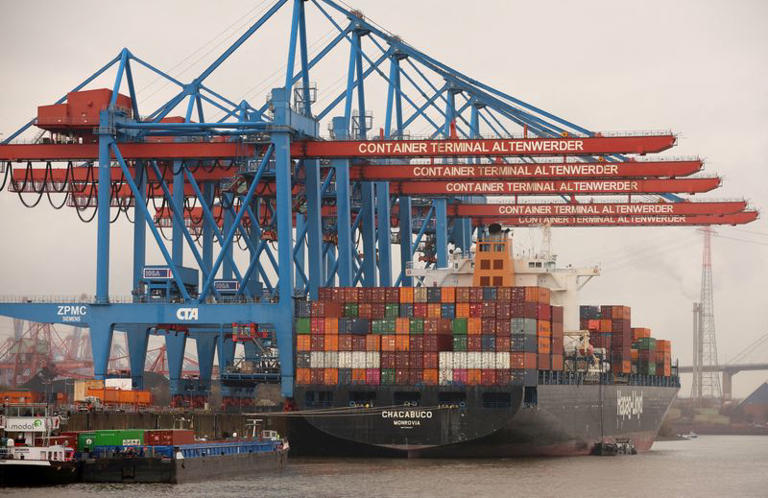In May, the Ifo institute’s survey painted a picture of stability in German business sentiment, with the country’s business morale showing no significant change. This static reading came as a surprise to analysts who had anticipated an improvement in the business climate index. The index remained at 89.3, failing to meet the forecasted 90.4.
Despite the overall stagnation, there were nuances within the data. While companies expressed a decreased satisfaction with the current business situation, there was a noticeable uptick in expectations for the future. This divergence suggested a cautious optimism about the trajectory of the German economy.
Within different sectors, the recovery was uneven. Industries such as manufacturing, trade, and construction showed signs of resilience and progress, indicating a gradual rebound from the challenges posed by the pandemic. However, service providers faced setbacks, highlighting the continued vulnerability of certain segments of the economy.
Clemens Fuest, President of the Ifo institute, acknowledged the slow but steady progress of Germany’s economic recovery. This sentiment was echoed by recent data from the statistics office, which confirmed a modest 0.2% growth in the German economy during the first quarter of 2024. While this growth was relatively modest, it signaled a positive trajectory amid ongoing challenges.
Looking ahead, Klaus Wohlrabe, head of survey at Ifo, expressed guarded optimism about the potential for growth in the second quarter. However, he cautioned against overconfidence, describing the economic upswing as fragile. This cautious approach underscored the need for continued vigilance and support to sustain and strengthen the recovery.
One notable aspect of the survey was the indication of potential inflationary pressures. Despite expectations for a downward trend in inflation, there was a notable increase in the number of companies planning to raise their prices in the coming months. This development added complexity to the economic landscape and posed challenges for policymakers tasked with managing inflation while supporting growth.
Against this backdrop, the European Central Bank (ECB) signaled a potential rate cut for the eurozone on June 6. However, the timing and extent of subsequent policy moves would depend on the progress made in addressing inflationary pressures. The ECB’s approach reflected the delicate balancing act required to support economic recovery while guarding against inflation risks effectively.
